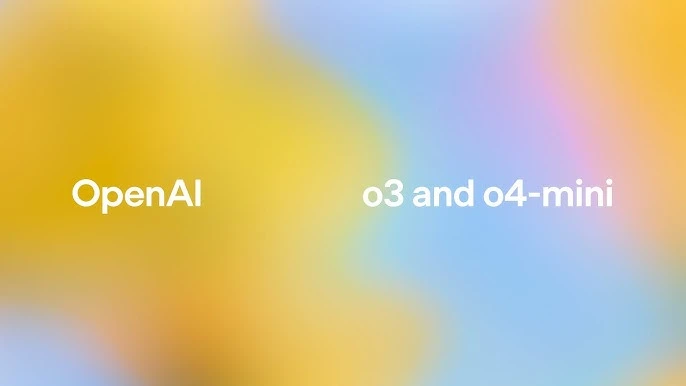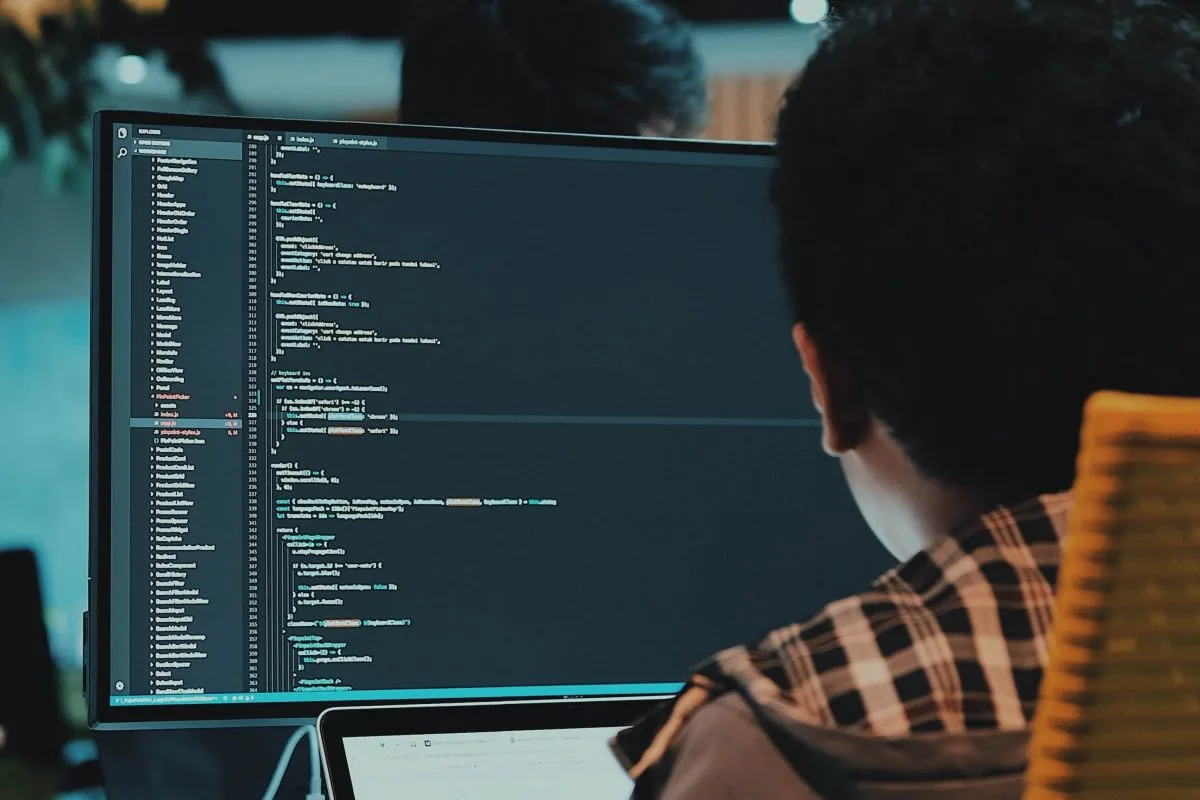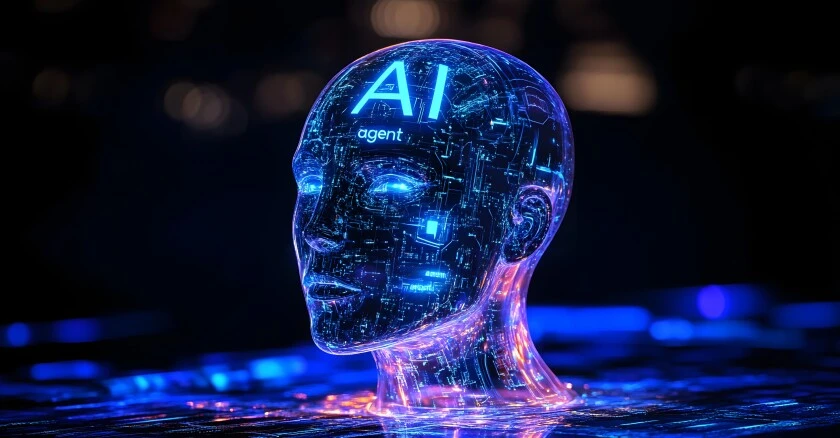Imagine a future where telecom services run seamlessly, adapting in real-time to your needs. Telenor’s AI First Program aims to turn this vision into reality, using AI to enhance customer service, boost network performance, and lead the way toward smarter, autonomous networks. The telecom industry is stepping into a new era, and it’s all powered by AI.
To learn more about how AI drives these changes, we caught up with Jawad Saleemi, Director of AI & Cloud at Telenor! Jawad is also a speaker at the Data Innovation Summit 2025. In this interview, he shares his journey from studying Electrical and Computer Engineering to enabling AI initiatives at Telenor. He also discusses lessons he’s learned, how AI improves customer service, and what the future holds for AI in telecom.
Discover how AI opens up new growth opportunities in telecom and shapes a future with more connectivity and automation!
Hyperight: Jawad, you have a background in data & AI transformations. Can you share your journey with us and how your experiences have shaped your current focus at Telenor?
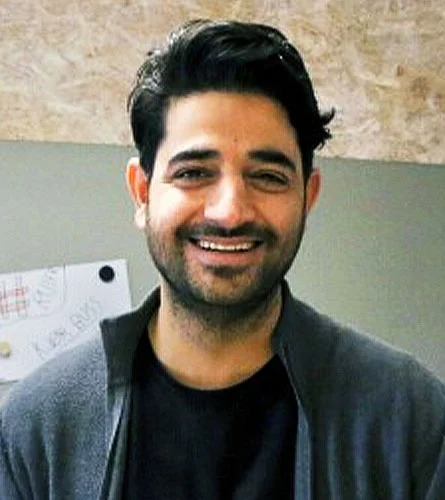
Jawad Saleemi: Sure! I have a background in Electrical and Computer Engineering and have spent much of my career developing systems. Over the past six years, I’ve taken on roles that have given me broad exposure to the AI and data space, both from a hands-on, operational perspective and from a more strategic standpoint.
These experiences have led to my current role at Telenor, where I focus on supporting initiatives that leverage AI to improve customer experiences, optimize our operations, and unlock new growth opportunities.
My technical foundation provides a good understanding of how AI can be applied in practice, while my broader experience enables me to navigate the complexities of scaling AI across a large organization. It also allows me to identify and articulate the business value for such applications.
Hyperight: Having worked in various roles, what key lessons have you learned about leading AI and data-driven transformations, especially in large organizations?
Jawad Saleemi: One of the key lessons I’ve learned is the critical role of fostering a culture of curiosity, experimentation, and collaboration. Driving AI and data-led transformation requires a holistic approach, as technology alone isn’t enough.
In fact, technology is often the easiest part. Real impact comes when it’s combined effectively with the right people, mindset and business strategies. It’s essential that everyone across the organization not only understands the value of AI but also has the skills and tools to integrate it into their daily work. We should all recognize the opportunities AI brings and challenges it presents.
Hyperight: Jawad, in your upcoming talk at the Data Innovation Summit 2025, you will speak about Telenor’s AI First Program and how it shapes the future of the telecom sector. Can you share a bit about the main goals of the program?
Jawad Saleemi: Telenor’s AI First program is designed to place AI at the heart of our operations and strategy. Its core objectives include enhancing customer engagement, optimizing network performance, upskilling our employees, and driving innovation in service delivery. All with a strong commitment to responsible AI use. By embedding AI across our processes, we aim to deliver more personalized and responsive customer experiences, increase efficiency, and reduce costs. This transformation is key to staying competitive and innovative in a rapidly evolving market.
Hyperight: What do you believe are some common misconceptions people have about AI? How can organizations address them in the industry?
Jawad Saleemi: There are several common misconceptions about AI. One is that AI can do everything for us; another is that it’s merely a buzzword. The truth lies somewhere in between. As thought leaders, it’s our responsibility to demystify AI, make it accessible, and set realistic expectations.
Another widespread belief is that AI will replace human jobs. In its current state, AI is better understood as a tool that complements human intelligence. It supports people in working more efficiently, while still requiring human oversight. A human-in-the-loop approach is essential to the responsible use of AI. It is important to remember that AI is a tool that can augment human capabilities and enable us to focus on more strategic and creative tasks.
Hyperight: From your experience, what have been some of the biggest challenges organizations have faced when transitioning to an AI-first strategy? How have they overcome them?
Jawad Saleemi: One challenge I see most of the organizations face when they start working with AI, is the lack of AI-ready data, data governance and a robust set of practices to ensure that we have good quality data to be fed to our AI systems. Remember, garbage in, garbage out. AI is just as good as the data you feed it.
Other challenges include lack of enough skilled personnel, and general awareness and the right expectations from AI. Executive buy-in is another extremely important factor for a successful AI strategy. Engaging stakeholders and demonstrating the tangible benefits of AI can also help in gaining buy-in and support for this transition.
Hyperight: What does AI integration look like on a practical level in organizations? Can you share an example from your experience where AI has been successfully integrated?
Jawad Saleemi: We see AI as a horizontal enabler that can enhance every domain we operate in. That’s why building AI literacy and skills across the entire workforce is essential. At Telenor, we’re integrating AI across multiple areas. For example, in customer service, we use AI-powered chatbots and analytics to deliver faster, more personalized support. This not only improves customer satisfaction but also reduces recurring calls and lowers operational costs.
Hyperight: The importance of next-generation customer service is a topic you’ll cover in your talk. How can AI transform the customer experience, and what are some key factors to consider in this transformation?
Jawad Saleemi: AI has the potential to transform customer experience through more personalized and proactive interactions. By analyzing customer behavior and preferences, AI can enable us to anticipate needs and offer tailored recommendations and solutions. It can also help us to resolve customer inquiries much more rapidly and efficiently, just improving customer satisfaction and experience. Key to this transformation is ensuring high quality data, maintaining transparency in AI-driven decisions, incorporating continuous customer feedback, and applying AI ethically and responsibly.
Hyperight: Looking ahead, what’s your vision for the future of AI in the telecom industry? How do you see it transforming the sector in the coming years?
Jawad Saleemi: We’re entering an era of AI agents, digital twins, autonomous networks, and zero-X operations. I believe customer service will undergo a major transformation in the coming years, waiting times and opening hours will become things of the past. AI agents will provide instant support, anytime and from anywhere.
On the network side, we’ll see increasing autonomy, with self-healing and self-optimizing networks managing operations more efficiently. Native AI offerings will create new revenue streams and growth opportunities, while AI-generated traffic will continue to rise, driving higher demand across our networks.
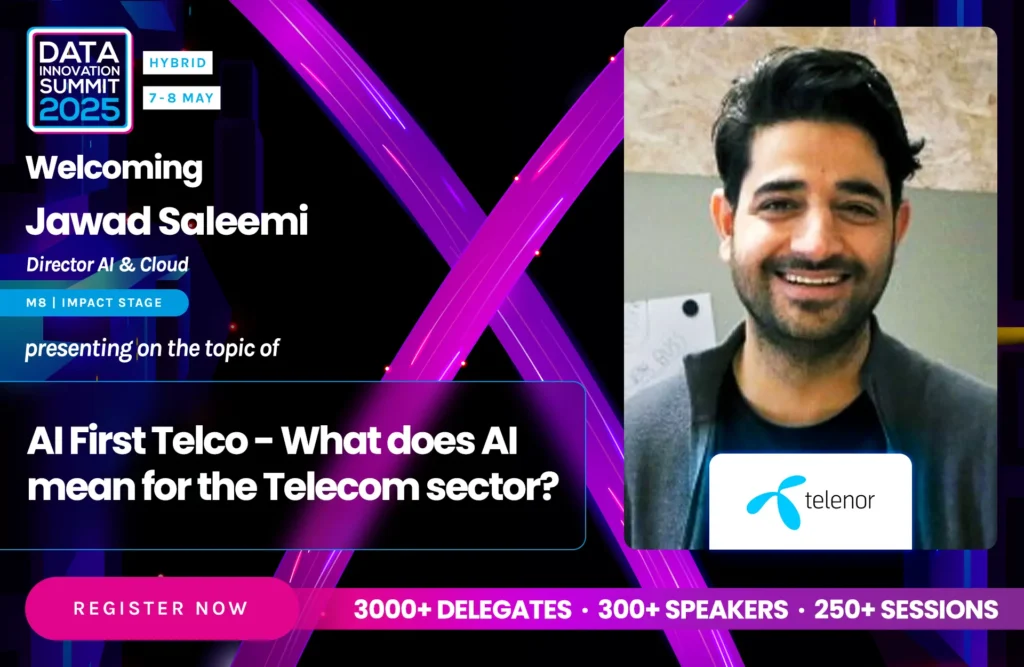
AI is transforming the telecom sector and reimagining the way companies like Telenor engage with customers, optimize their operations, and innovate. Through the AI First Program, Telenor is making AI the driving force behind smarter networks and more personalized customer experiences. This shift is leading to autonomous networks and AI-powered solutions that will take the telecom industry to the next level.
To dive deeper into how AI is shaping the future of telecom, join Jawad at the Data Innovation Summit 2025! Hear from a leader as he shares insights on the opportunities and challenges of AI in the industry. Don’t miss this chance to be part of the conversation that’s defining the future of telecom and AI!

